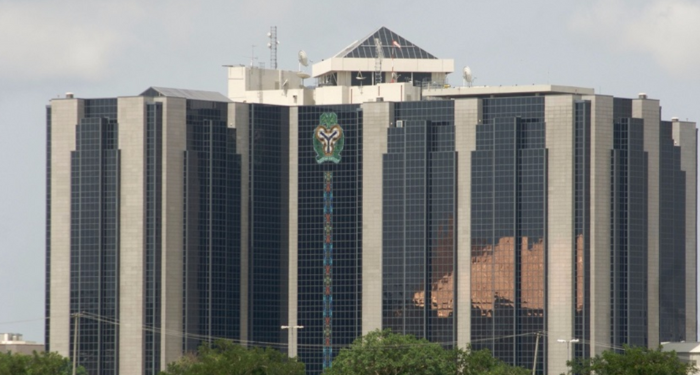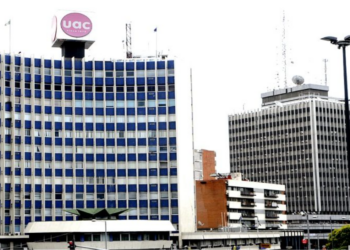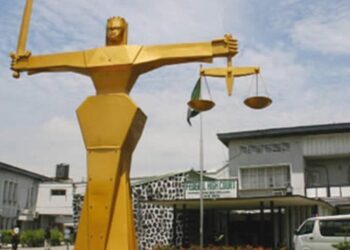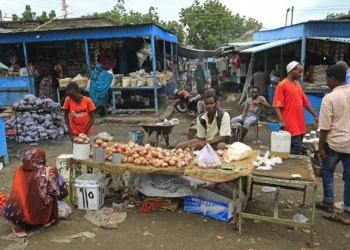The Central Bank of Nigeria (CBN) has said that while recent reforms have helped to restore macroeconomic stability, there is still more work to do in improving living standards and addressing the country’s structural economic challenges.
This was disclosed by the CBN Deputy Governor for Corporate Services, Ms. Emem Usoro, in a keynote address delivered on her behalf by the Director of Corporate Communications, Mrs. Hakama Sidi Ali, at the 2025 Seminar for Finance Correspondents and Business Editors held in Lagos on Thursday.
Usoro said the current administration at the CBN, led by Governor Olayemi Cardoso, inherited a fragile macroeconomic environment characterised by double-digit inflation, forex scarcity, depleted reserves, and massive fiscal reliance on Ways and Means financing. She noted that these conditions exposed the vulnerability of the financial system and prompted urgent interventions.
Since then, the CBN has responded with what Usoro described as “well-sequenced and compliance-driven measures.” These include a return to orthodox monetary policies, tightened regulatory oversight, and the ongoing recapitalisation of Nigerian banks.
She said these steps, aligned with the fiscal reforms being implemented by the Federal Government, had helped achieve some stabilisation.
“Inflation has declined to 16.05%, external reserves have risen to over $46 billion, and the exchange rate has stabilised below N1,500 per dollar,” she said, highlighting the impact of recent policy actions.
She also noted that the improvements in reserve levels have extended Nigeria’s import cover to more than 10 months, a key signal of restored investor confidence. Usoro added that the naira has seen reduced volatility, and monetary tightening is now easing pressure on lending rates.
Policy alignment critical to sustain reforms — CBN
Despite these macroeconomic improvements, the CBN noted that the pace of progress remains insufficient to significantly improve the quality of life of Nigerians. Usoro stressed that “more work is required” to strengthen economic fundamentals and enhance living conditions across the country.
She called for stronger alignment between fiscal and monetary policies, emphasising the need for policy discipline and coordinated decision-making among key institutions. Usoro said improved collaboration between policymakers, regulators, and the media was essential to sustaining economic reforms.
As Nigeria’s financial system faces new disruptions from digital technologies, fintech growth, and changing global economic dynamics, she warned that resilience, transparency, and accountability must be top priorities.
“Better coordination promotes credibility, strengthens regulation, and ensures that reforms are inclusive and sustainable,” she said.
She urged journalists to continue playing an active role in explaining complex policy decisions to the public, arguing that clear communication is key to maintaining trust and support for ongoing reforms.
Earlier, in a welcome address, the CBN’s Lagos Branch Controller, Mr. Diabo Amorighoye, represented by Assistant Director, Mr. Anthony Adamu, reiterated the importance of synergy between the fiscal and monetary arms of government. He noted that misaligned policies could fuel inflation, create inefficiencies, and erode investor confidence.
“When harmonised, fiscal and monetary policies can deepen the market, support inclusive growth, and strengthen both the naira and reserves,” Adamu said.
He added that journalists, through informed reporting, play a crucial role in shaping investor perception, public sentiment, and international engagement with Nigeria’s economic reforms.
The seminar, which brought together editors, financial correspondents, and key policymakers, served as a forum to evaluate the ongoing impact of the CBN’s reforms and the broader push by the Federal Government to reposition Nigeria’s economy.
























